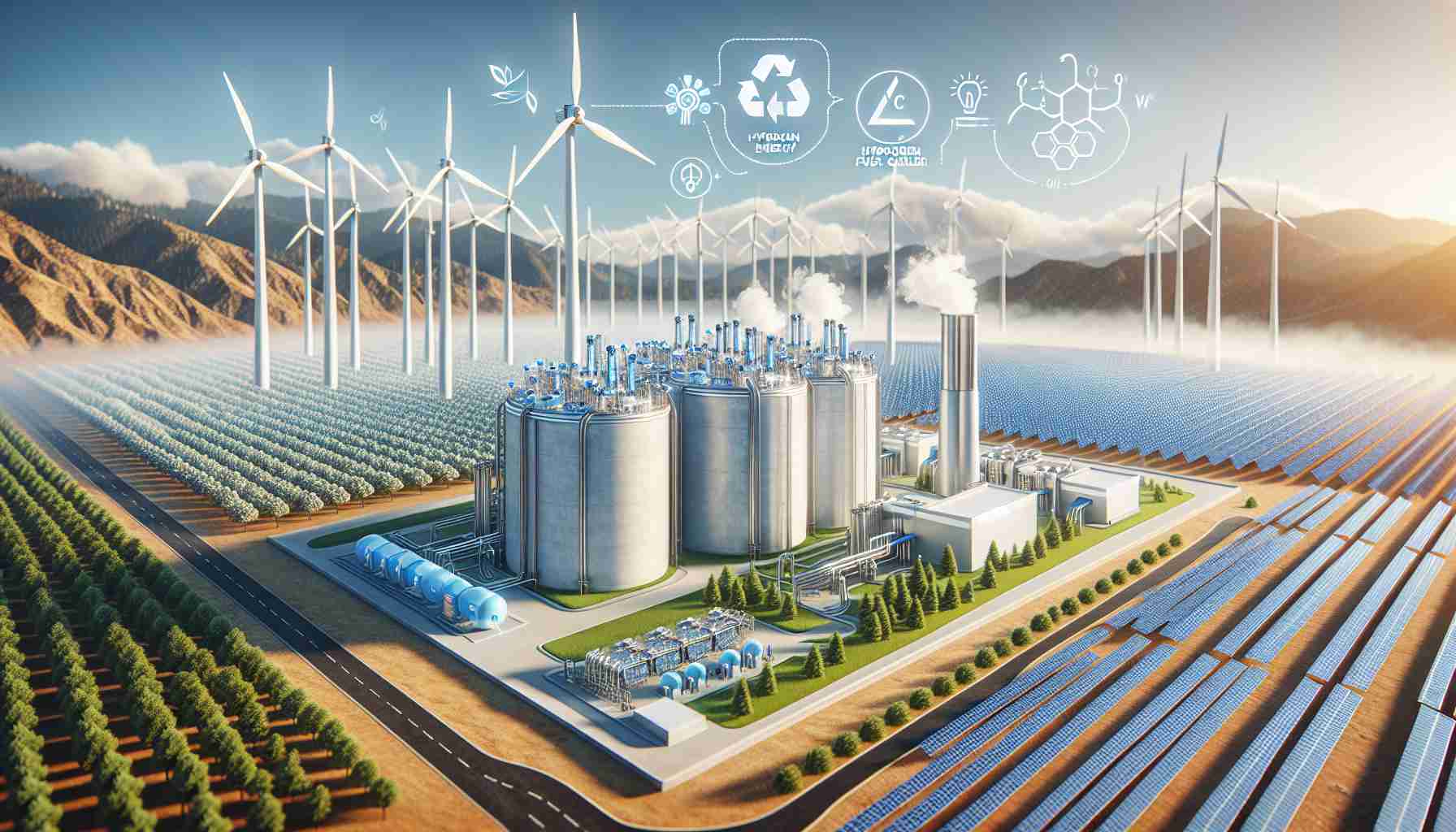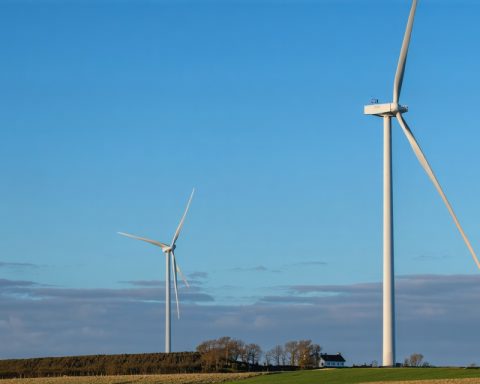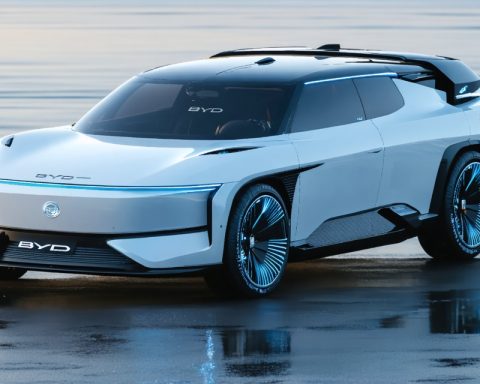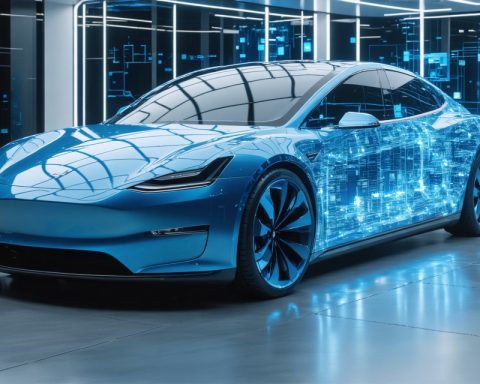Inaugural Board Meeting Sets the Stage for a Hydrogen Future
On January 13, 2025, the First Public Hydrogen Authority (FPH2) hosted its much-anticipated inaugural board meeting in the City of Industry, California. This pivotal gathering marked the launch of the United States’ first public hydrogen utility, aimed at transforming the renewable hydrogen landscape and positioning California as a trailblazer in sustainable energy.
The meeting brought together key industry figures, government officials, and experts to outline the policies, governance, and objectives for FPH2. With a focus on unifying demand and supply while fostering a transparent marketplace, FPH2 is redefining the relationship between hydrogen producers and consumers. The initiative seeks to utilize public leadership and federal incentives like the 45V tax credit to enhance the accessibility and affordability of renewable hydrogen.
The mayor of Lancaster expressed the significance of this meeting, emphasizing its role in reshaping the clean energy sector. They highlighted the authority’s commitment to creating a public utility model that ensures both sustainability and economic viability. With initiatives underway to integrate renewable hydrogen into various sectors—including transportation and heavy industry—FPH2 is dedicated to driving innovation and collaboration.
The event concluded with a networking session, enabling attendees to exchange ideas and explore the future of renewable hydrogen. FPH2’s unique model promises to bridge the gap between private enterprises and public accountability, making renewable hydrogen a competitive solution against traditional fossil fuels.
Hydrogen Authority Launches America’s Path to Sustainable Energy Dominance
Inaugural Meeting Shapes Hydrogen Utility Landscape
On January 13, 2025, the First Public Hydrogen Authority (FPH2) held its inaugural board meeting in the City of Industry, California, marking a significant milestone in the establishment of the United States’ first public hydrogen utility. This groundbreaking initiative is set to revolutionize the landscape of renewable hydrogen and aims to position California at the forefront of sustainable energy innovations.
Key Objectives and Policies of FPH2
The FPH2 represents a concerted effort to unify the supply and demand for hydrogen, fostering a transparent marketplace that benefits both producers and consumers. The board meeting outlined critical policies aimed at:
– Enhancing Accessibility: FPH2 will leverage federal incentives, such as the 45V tax credit, making renewable hydrogen more affordable for consumers and businesses.
– Driving Collaboration: The authority aims to facilitate partnerships across different sectors, propelling the integration of renewable hydrogen into industries such as transportation, manufacturing, and energy production.
The Public Utility Model
The mayor of Lancaster articulated the importance of FPH2’s commitment to a public utility model, which not only prioritizes sustainability but also enhances economic viability. This model is designed to ensure that hydrogen becomes a competitive alternative to traditional fossil fuels, promoting greater adoption and utilization.
Use Cases for Renewable Hydrogen
1. Transportation: Renewable hydrogen can be utilized in fuel cell vehicles, promising zero-emission mobility solutions.
2. Heavy Industry: FPH2 supports hydrogen’s role in decarbonizing sectors like steel and cement production, which are traditionally reliant on fossil fuels.
3. Power Generation: Hydrogen can be harnessed as a clean energy source for power generation, affording greater energy security and reduced greenhouse gas emissions.
Innovations on the Horizon
The establishment of FPH2 is set to pave the way for numerous innovations in hydrogen technology, from advanced hydrogen production methods to storage and distribution solutions. This can significantly enhance efficiency and reduce costs associated with renewable hydrogen.
Pros and Cons of the Hydrogen Initiative
Pros:
– Promotes sustainable energy practices.
– Encourages economic growth and job creation in emerging sectors.
– Supports public-private partnerships for greater impact.
Cons:
– Initial investments may be high.
– Infrastructure development is required for widespread adoption.
– There may be regulatory hurdles to overcome.
Challenges and Future Predictions
Despite the potential of FPH2, challenges remain, including the need for robust infrastructure and public acceptance. Predictions suggest that with continued investment and innovation, hydrogen could account for a significant portion of the U.S. energy mix by 2030, especially as technology improves and costs decrease.
Conclusion
The historic launch of the First Public Hydrogen Authority signifies a transformative moment in America’s pursuit of renewable energy solutions. As California takes the lead, the partnership of public entities and private innovators will be crucial in driving the hydrogen economy forward.
For more insights on renewable energy initiatives and developments, visit energy.gov.














